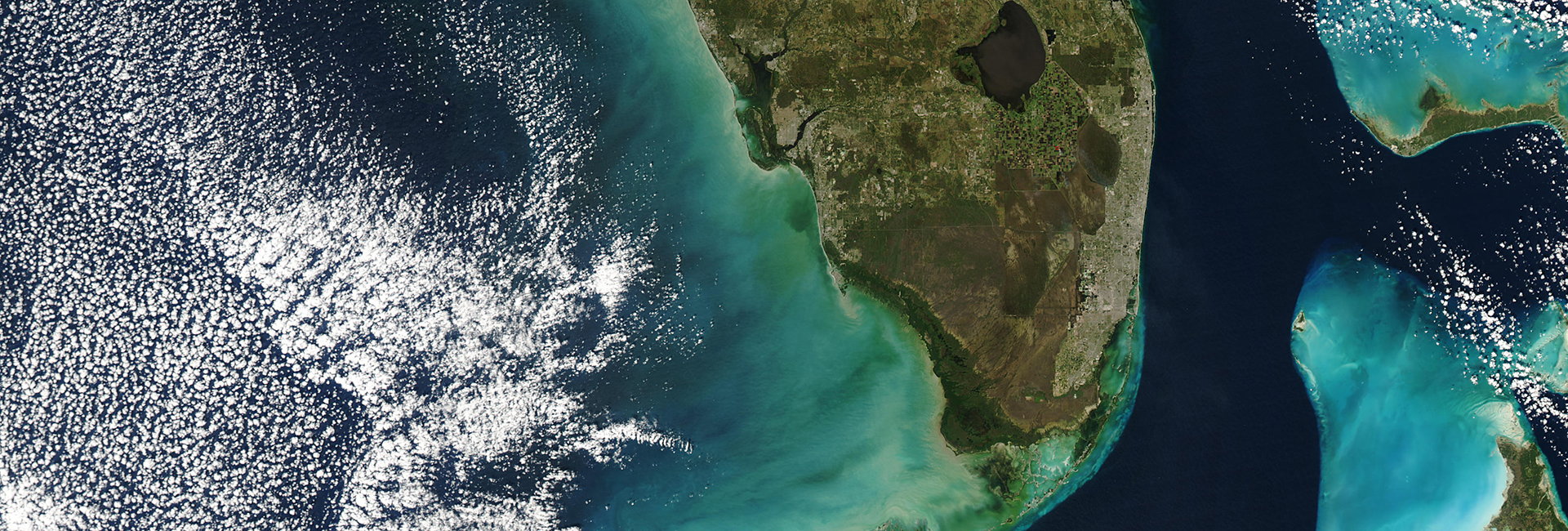

UM education researcher teaches science teachers interactive ways to approach climate change with their students.
School-age children today will be at the frontline of wrestling with climate change in the decades to come.
Knowing this, several University of Miami faculty across a variety of disciplines have been working to convey the science and impacts of climate change and sea-level rise to K-12 students in South Florida.
Lauren Barth-Cohen, a research assistant professor in the Department of Teaching and Learning in the School of Education and Human Development, worked with faculty and graduate students from the Rosenstiel School for Marine and Atmospheric Science in July 2015 to conduct a professional development workshop for local middle and high school science teachers.
“We wanted to help the teachers learn the content in a conceptualized modeling approach, consistent with state and national standards in science education,” says Barth-Cohen.
About the Photo
Sea-level rise in South Florida will mean a changing coastline for the Sunshine State. Photo credit: NASA Visible Earth.
Join the Conversation
Follow on Twitter:
Rosenstiel School, @UMiamiRSMAS
University
of Miami, @univmiami
UM
News, @univmiami

“We aimed to teach teachers how to be metacognitive about what they teach and how their students are learning,” says Barth-Cohen.
The summer workshop was a pilot project generously funded by donors to the School of Education and Human Development, and Barth-Cohen hopes to continue implementing these teacher trainings on climate change, particularly because it is generally a topic the teachers want to learn more about, especially in South Florida.
Barth-Cohen, whose background is in physics and science education, collaborated with Ben Kirtman, a professor in the Department of Atmospheric Sciences at the Rosenstiel School, and local nonprofit The CLEO Institute on submitting a National Science Foundation grant application in December 2015 to be able to continue providing these workshops to even more teachers in the future.
- Jessica M. Castillo / UM News